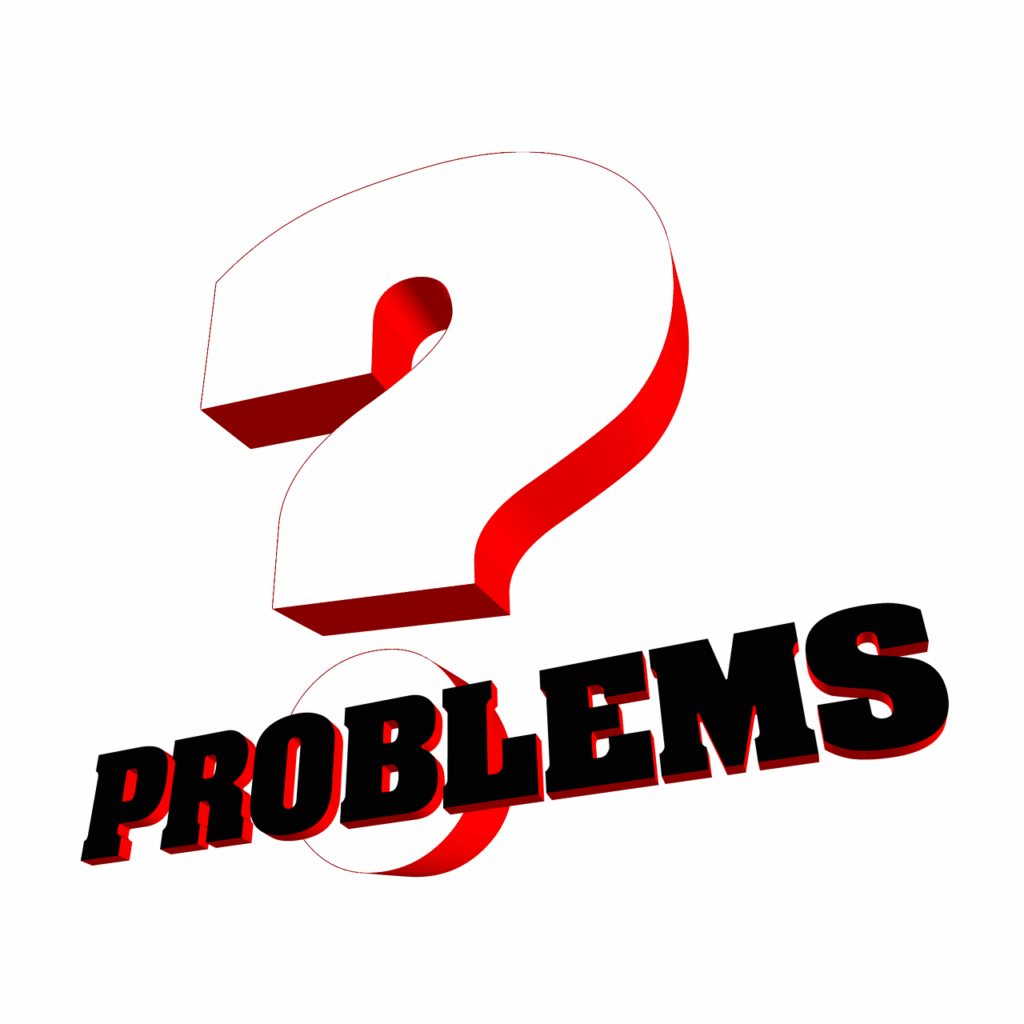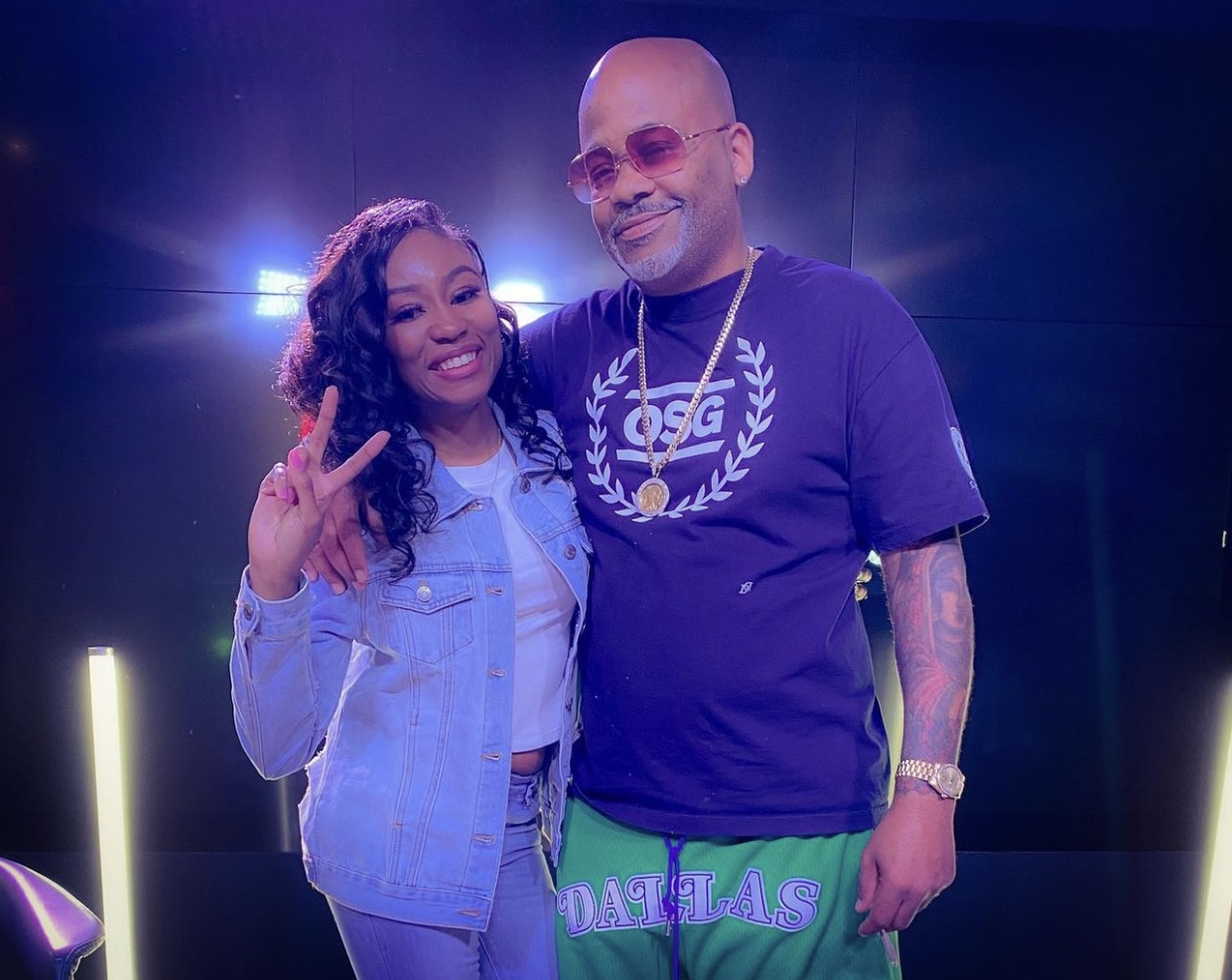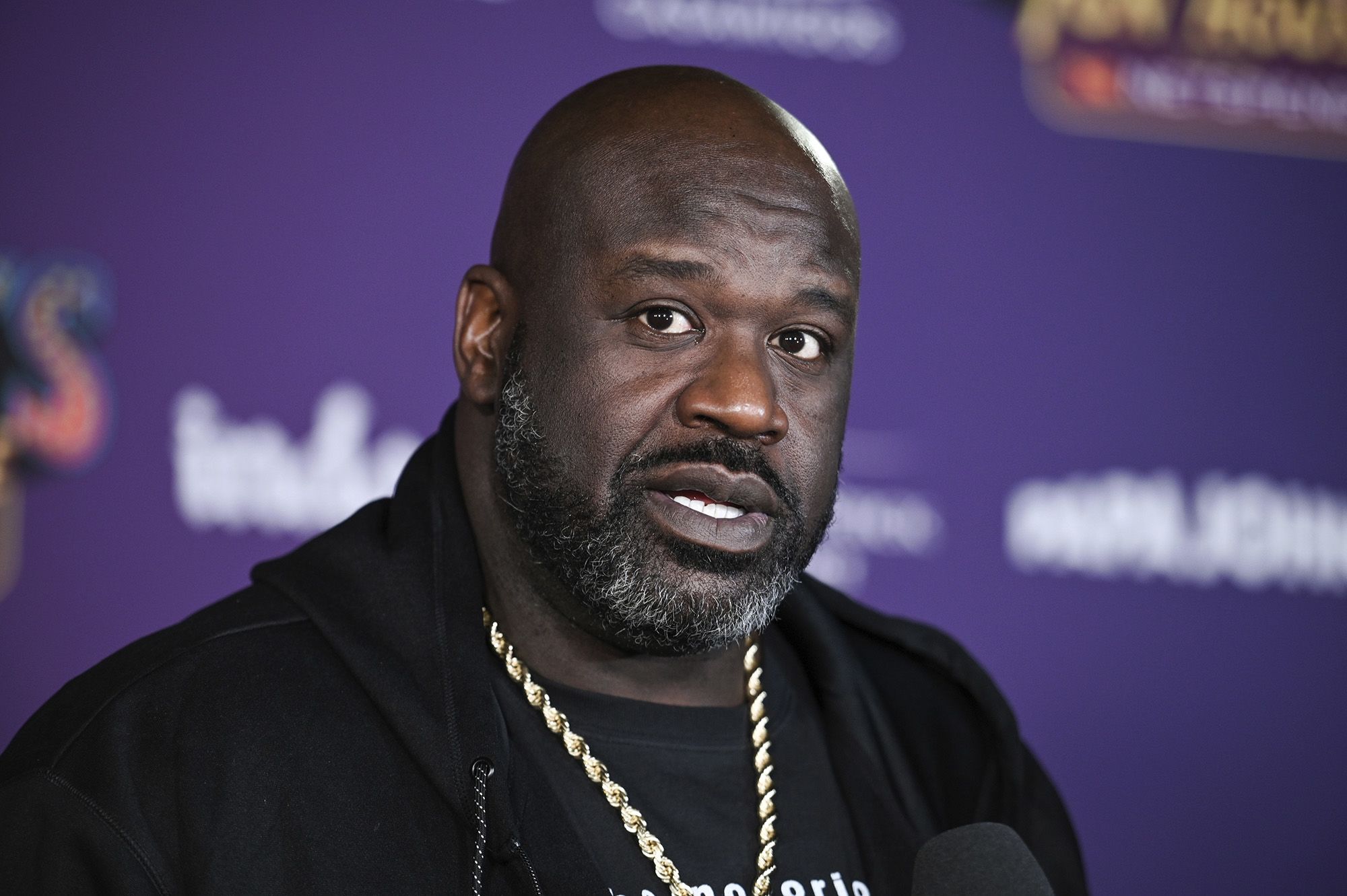
In the world of professional sports, where legends are forged in the crucible of competition and talent, few individuals have cast a shadow as long and as imposing as Shaquille Rashaun O’Neal. Standing a towering 7-foot-1 and weighing a formidable 325 pounds in his prime, Shaq didn’t just play the game; he fundamentally altered it, making every other contender, every record, and every challenge seem infinitesimally smaller in his gargantuan wake. His career wasn’t merely a series of games played, but a seismic event that reshaped the NBA landscape, leaving an indelible mark on every franchise he graced and every rival he faced.
Like a high-performance engine meticulously engineered for sheer power and durability, O’Neal’s journey is a fascinating study in raw talent meeting relentless drive, peppered with moments of both unparalleled triumph and significant personal challenge. He wasn’t just a physical marvel; he was a strategic force, a charismatic personality, and a relentless competitor whose gravitational pull on the court was matched only by his magnetic presence off it. To truly appreciate the scale of his achievements, one must delve into the intricate mechanics of his ascent, dissecting the key phases that molded him into the global icon he remains today.
This in-depth exploration will meticulously chronicle the defining moments of Shaq’s early life, his formative years in college, and his explosive arrival in the NBA, tracing his path through the Orlando Magic and the genesis of the Los Angeles Lakers’ legendary dynasty. We’ll examine the technical brilliance and sheer force that defined his play, the intricate dynamics that shaped his team environments, and the sheer competitive spirit that drove him to redefine what was possible for a player of his magnitude. Prepare to experience the ride through the lens of a true automotive enthusiast: with meticulous detail, expert analysis, and an undeniable passion for unparalleled performance.

1. **The Colossus’s Genesis: Early Life & Remarkable Growth**
Every engineering marvel has its foundational blueprint, and for Shaquille O’Neal, his early life laid the groundwork for the physical phenomenon he would become. Born on March 6, 1972, in Newark, New Jersey, Shaq’s initial environment was far from the glitz and glamour of NBA arenas. His biological father, Joe Toney, an All-State high school guard who even had a basketball scholarship offer to Seton Hall, struggled with drug addiction and was imprisoned during Shaq’s infancy, ultimately relinquishing his parental rights. It was his Jamaican stepfather, Phillip Arthur Harrison, a career Army sergeant, who stepped in, providing the stability and discipline that would prove crucial in Shaq’s development.
O’Neal himself remained estranged from Toney for decades, famously articulating his feelings of disdain in the 1994 rap album “Shaq Fu: The Return,” with the powerful line, “Phil is my father.” This sentiment underscored the profound impact Harrison had on his life, shaping his character and providing a paternal figure. However, a testament to Shaq’s personal growth, his feelings towards Toney softened after Harrison’s passing in 2013, leading to their first meeting in March 2016. Shaq’s words to his biological father, “I don’t hate you. I had a good life. I had Phil,” offered a glimpse into the complex emotional landscape that forged this formidable personality.
What truly set Shaq apart from an early age was his astounding physical development. He hailed from a tall family, with his father standing 6 ft 1 in and his mother 6 ft 2 in, but Shaq’s growth trajectory was extraordinary even within that context. By the tender age of 13, he already towered at 6 ft 6 in, a height many professional athletes never reach. This rapid growth continued, seeing him reach an astonishing 6 ft 10 in by age 16. These physical gifts, combined with an innate athleticism, clearly foreshadowed the dominant force he was destined to become on the basketball court.
His early years weren’t solely defined by physical growth; they were also shaped by community and opportunity. O’Neal credited the Boys & Girls Clubs of America in Newark with providing a safe haven, a place where he could simply “shoot” and stay off the streets, even before organized team play became a focus. Due to his stepfather’s military career, the family moved frequently, taking him from Newark to military bases in Germany and then to San Antonio, Texas. It was at Robert G. Cole High School in San Antonio that his raw talent began to coalesce into true dominance. He led his team to an astounding 68–1 record over two years, culminating in a state championship during his senior year, and his 791 rebounds in the 1989 season remain a state record. The retirement of his No. 33 jersey by Cole High in 2014 was a fitting tribute to the beginning of a legendary career.
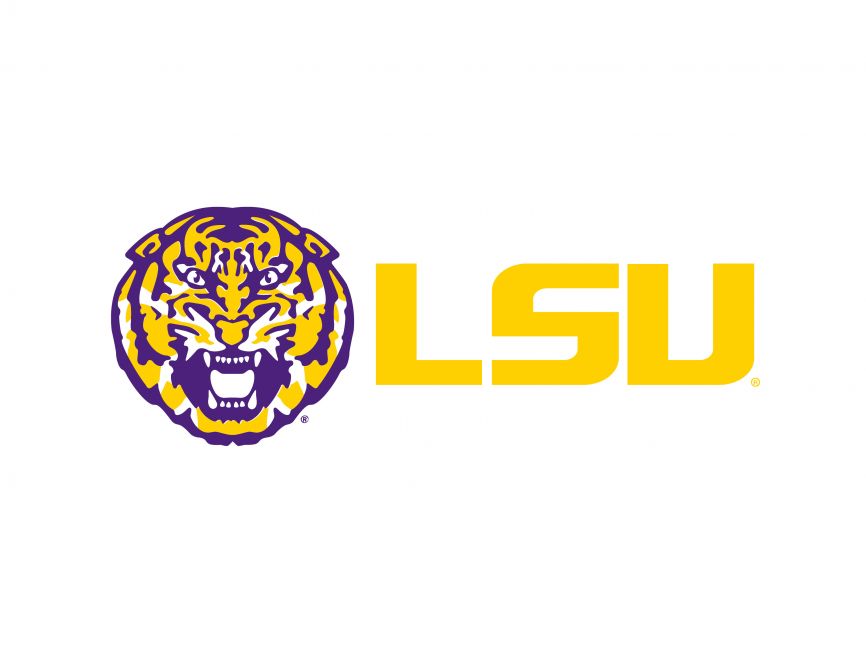
2. **LSU’s Unstoppable Tiger: Dominating College Basketball**
Having established a reputation as a high school phenom, Shaquille O’Neal’s transition to college basketball was eagerly anticipated, and he did not disappoint. After graduating high school in 1989, O’Neal chose to study business at Louisiana State University (LSU), a decision influenced by an earlier meeting with Tigers coach Dale Brown in Wildflecken, West Germany, where Shaq’s stepfather was stationed. This early connection proved instrumental in guiding him to Baton Rouge, where he would become a veritable force of nature, transforming the LSU program and setting the stage for his professional career.
At LSU, O’Neal’s game evolved from raw athleticism into a more refined, yet still overwhelmingly dominant, skill set. He was a two-time All-American, a testament to his consistent high-level performance against collegiate competition. His impact on the SEC was immediate and profound, earning him the SEC Player of the Year title twice. Furthermore, in 1991, he received the prestigious Adolph Rupp Trophy as the NCAA men’s basketball player of the year, an honor also recognized by the Associated Press and UPI, firmly establishing him as the undisputed top collegiate player in the nation. His statistics and presence were simply too immense for opponents to handle, turning every LSU game into a must-watch event.
Despite leaving LSU early to embark on his NBA journey, O’Neal demonstrated a commitment to education that went beyond the basketball court, continuing his studies even as a professional player. This dedication underscored a deeper ambition than just athletic stardom, revealing a forward-thinking mindset crucial for his multifaceted career later on. His profound impact on LSU was immortalized with his induction into the LSU Hall of Fame, and a truly fitting tribute to his colossal presence: a 900-pound bronze statue of O’Neal now stands proudly in front of the LSU Basketball Practice Facility, a permanent reminder of the dominant Tiger who once roamed their courts.
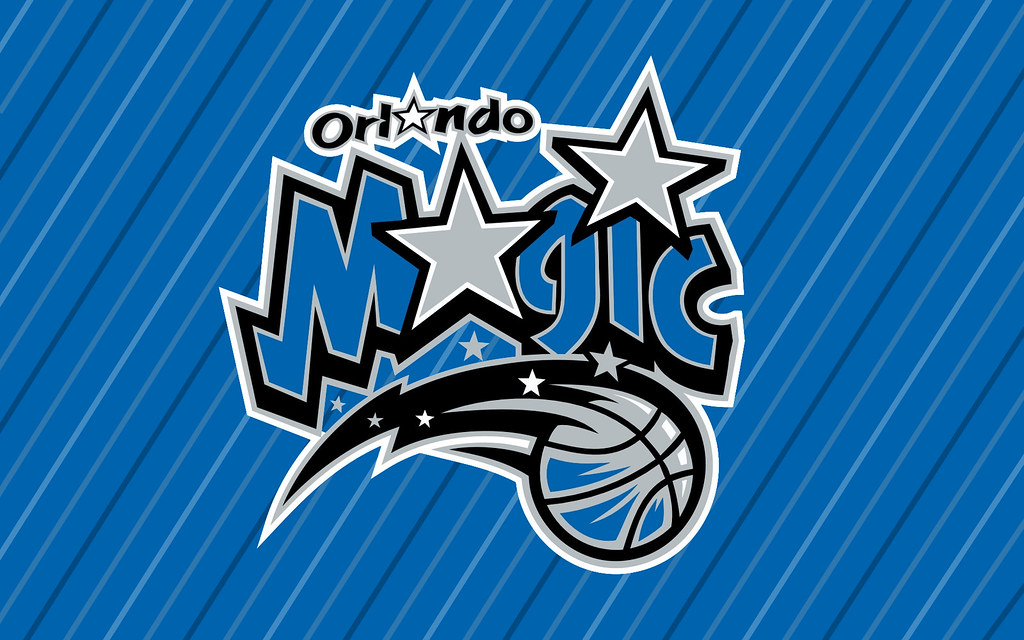
3. **Orlando Magic: A Seismic Entry & Early Ascent to Stardom**
The anticipation surrounding Shaquille O’Neal’s entry into the National Basketball Association was immense, and when the Orlando Magic selected him with the first overall pick in the 1992 NBA draft, a new era of basketball dominance was officially ushered in. Even before making his professional debut, Shaq sought tutelage from a true legend, spending time in Los Angeles under the watchful eye of Hall of Famer Magic Johnson, a mentorship that undoubtedly honed his nascent skills and prepared him for the intense scrutiny of the NBA spotlight. The choice of jersey number, No. 32, was a pragmatic one, as veteran teammate Terry Catledge held onto No. 33, a number Shaq had worn and admired. Interestingly, Shaq later revealed that 32 was the very first number he ever wore when he began playing basketball, an unintended full-circle moment.
Shaq’s rookie season in 1992–93 was nothing short of a statistical explosion, signaling to the league that a truly generational talent had arrived. He immediately made history by being named the Player of the Week in his first week in the NBA, a feat previously unheard of. Throughout the season, he averaged an astonishing 23.4 points on an efficient 56.2% shooting, coupled with 13.9 rebounds and 3.5 blocks per game. These numbers not only earned him the 1993 NBA Rookie of the Year award but also made him the first rookie to be voted an All-Star starter since Michael Jordan in 1985, instantly elevating him to elite status. His presence alone transformed the Magic, who won 20 more games than the previous season, finishing 41–41, though they narrowly missed the playoffs.
His second season saw an immediate coaching change, with Brian Hill taking the helm, and Shaq’s performance continued its upward trajectory. In 1993–94, he elevated his scoring average to 29.4 points, second only to David Robinson, while leading the NBA in field goal percentage at a remarkable 60%. A particular highlight was his first career triple-double on November 20, 1993, against the New Jersey Nets, where he recorded 24 points alongside career highs of 28 rebounds and an astounding 15 blocks – a truly comprehensive display of dominance. He was again voted into the All-Star game and earned a spot on the All-NBA 3rd Team. Paired with the newly drafted Anfernee “Penny” Hardaway, the Magic finished with a 50–32 record, making their first-ever playoff appearance, though they were swept by the Indiana Pacers in their inaugural series.
The 1994–95 season marked a significant breakthrough for the Magic and O’Neal. He led the NBA in scoring with a 29.3 point average, finished second in MVP voting, and made his third consecutive All-Star Game alongside Hardaway, forming one of the league’s most dynamic duos. Orlando secured the Atlantic Division crown with a 57–25 record, and in the playoffs, they achieved their first-ever series win against the Boston Celtics, followed by a victory over the Chicago Bulls in the conference semifinals. After defeating Reggie Miller’s Indiana Pacers, the Magic reached the NBA Finals, facing the defending champion Houston Rockets. Despite a stellar performance from O’Neal, averaging 28 points on 59.5% shooting, 12.5 rebounds, and 6.3 assists, the Rockets, led by Hakeem Olajuwon and Clyde Drexler, ultimately swept the series in four games, a tough but invaluable learning experience for the young superstar.

4. **Lakers Dynasty Begins: Forging an Unforgettable Tandem**
The summer of 1996 marked a pivotal moment in NBA history. As Shaquille O’Neal became a free agent, his future was a subject of intense speculation, even as he helped the United States Olympic basketball team secure a gold medal in Atlanta. Unsettling polls published by the Orlando Sentinel, questioning his value and conditions for returning, coupled with implied criticisms about his personal life, made Shaq feel like “a big fish in a dried-up pond.” The situation was further complicated by Anfernee Hardaway’s desire to be the team’s undisputed leader and earn a comparable salary. All signs pointed to a shift, and on the first full day of the Olympics, the bombshell dropped: O’Neal would join the Los Angeles Lakers on a colossal seven-year, $121 million contract. A legendary partnership, and future rivalry, was about to begin.
O’Neal famously dismissed the monetary aspect, stating, “I’m tired of hearing about money…I just want to play the game, drink Pepsi, wear Reebok,” highlighting his desire for a fresh start and a winning environment. His jersey number switched to No. 34, a tribute to his stepfather, as No. 32 was retired for Magic Johnson and No. 33 for Kareem Abdul-Jabbar. In his inaugural season with Los Angeles, the Lakers secured 56 wins, and O’Neal averaged 26.2 points and 12.5 rebounds, despite missing over 30 games due to injury. In his first playoff game for the Lakers, he unleashed a stunning 46 points against the Portland Trail Blazers, a scoring output not seen from a Laker in the playoffs since Jerry West in 1969. However, their playoff run ended in the second round, eliminated by the Utah Jazz in five games. This season also included a memorable on-court confrontation in December 1996, where O’Neal shoved Dennis Rodman of the Chicago Bulls, declaring, “It’s one thing to talk tough and one thing to be tough.”
The following season, 1997–98, O’Neal continued his statistical assault, averaging 28.3 points and 11.4 rebounds. He led the league with a 58.4% field goal percentage, the first of four consecutive seasons he would achieve this remarkable efficiency, a testament to his unstoppable presence near the rim. The Lakers finished a formidable 61–21, topping the Pacific Division and securing the second seed in the Western Conference. Despite their regular-season prowess, they again fell short in the playoffs, suffering a 4–0 sweep at the hands of the Utah Jazz in the second round, a painful lesson in postseason consistency and defensive tenacity that would shape the years to come.
The 1998–99 lockout-shortened season was characterized by significant personnel changes and a palpable sense of instability, despite the soaring expectations for the burgeoning tandem of O’Neal and teenage superstar Kobe Bryant. Long-time point guard Nick Van Exel was traded, and Eddie Jones was packaged for Glen Rice to satisfy O’Neal’s demand for a shooter. Coach Del Harris was fired, with Kurt Rambis finishing the season as head coach. The Lakers finished with a 31–19 record, making the playoffs but ultimately swept by the eventual champions, the San Antonio Spurs, led by the formidable duo of Tim Duncan and David Robinson. This period of flux, however, was merely the precursor to an era of unprecedented success, as the right pieces were slowly, painstakingly, falling into place for a dynastic run.
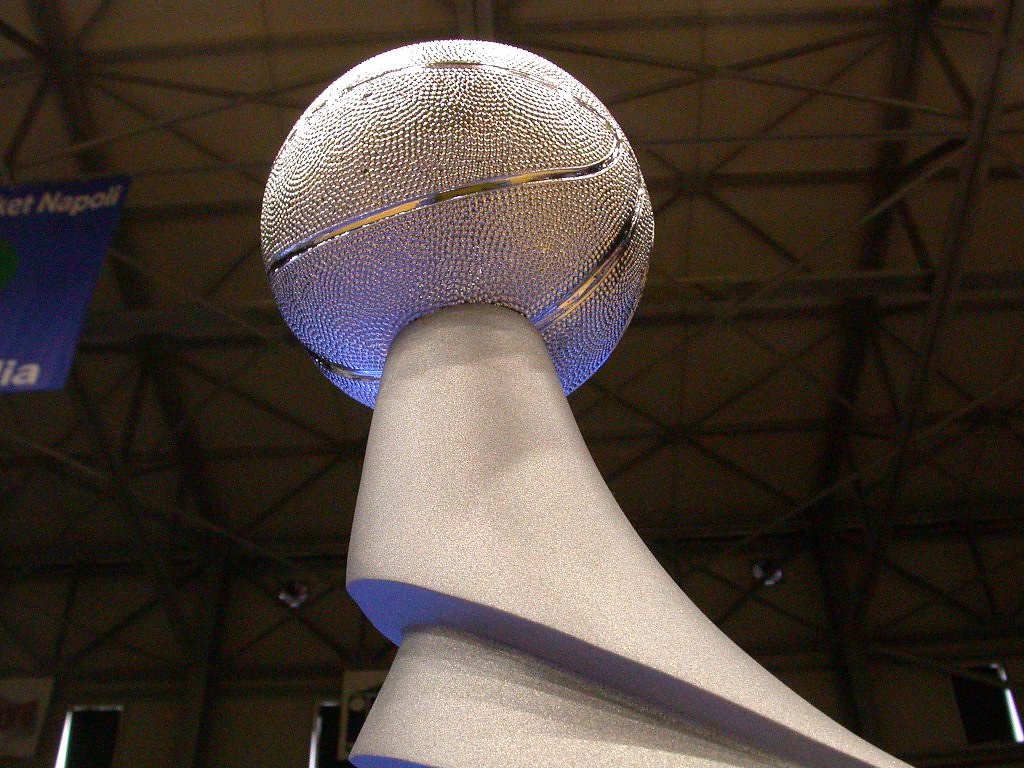
5. **The MVP Era: Unparalleled Dominance and Three-Peat Glory**
The dawn of the 1999–2000 season brought a transformative shift to the Los Angeles Lakers with the hiring of legendary coach Phil Jackson. Jackson, renowned for his ability to manage strong personalities and foster team cohesion, immediately laid down a challenge to O’Neal, famously telling him that “the [NBA’s] MVP trophy should be named after him when he retired.” This bold statement ignited a new level of commitment and focus in Shaq, setting the stage for one of the most dominant individual seasons in NBA history and the beginning of a legendary dynasty.
O’Neal responded with an awe-inspiring display of power and skill. On his 28th birthday, March 6, 2000, he unleashed a career-high 61 points, alongside 23 rebounds and 3 assists, in a commanding 123–103 victory over the Los Angeles Clippers. This incredible performance marked the last time in NBA history a player scored 60 or more points without hitting a 3-pointer until Giannis Antetokounmpo replicated the feat in 2023, underscoring Shaq’s unparalleled proficiency in the paint. His regular season was capped by earning the 1999–2000 Most Valuable Player Award, though he controversially fell one vote short of becoming the first unanimous MVP, a decision that still sparks debate among fans and analysts today. Beyond the scoring, he also won the scoring title, finished second in rebounds, and third in blocked shots, a testament to his all-around impact. Jackson’s emphasis on defense saw O’Neal earn his first All-Defensive Team selection (second-team) in 2000, a clear indication of his newfound commitment to both ends of the floor.
Under Jackson’s innovative triangle offense, the tandem of O’Neal and Kobe Bryant blossomed into an unstoppable force, leading the Lakers to an incredible three consecutive NBA championships in 2000, 2001, and 2002. This period of dominance was a masterclass in collective effort powered by two individual titans. O’Neal was the undisputed engine of this success, named MVP of the NBA Finals all three times, a rare achievement that solidified his status as one of the greatest big men to ever play. His statistical output in these high-stakes series was historically significant; he holds the highest scoring average for a center in NBA Finals history, a metric that speaks volumes about his offensive gravity and ability to perform under pressure.
While the championships were sweet, the journey was not without its fiery moments, particularly during the 2001 NBA Finals against the Philadelphia 76ers. In Game 3, O’Neal fouled out while backing over Dikembe Mutombo, the reigning Defensive Player of the Year, leading to a memorable post-game critique. Shaq bluntly stated, “I didn’t think the best defensive player in the game would be flopping like that. It’s a shame that the referees buy into that.” He further challenged Mutombo, saying, “I wish he’d stand up and play me like a man instead of flopping and crying every time I back him down.” This exchange perfectly encapsulated Shaq’s competitive fire and his disdain for what he perceived as theatrical embellishment on the court, even as he stood atop the basketball world.
6. **Navigating Turmoil: Feuds, Injuries, and a Changing Landscape**
Even at the pinnacle of his career, Shaquille O’Neal’s path was not without its significant challenges, a complex tapestry woven with debilitating injuries, escalating interpersonal feuds, and the inevitable shifts in team dynamics. These elements began to surface markedly around the 2001–02 season, a period that would ultimately set the stage for his eventual departure from Los Angeles. Just a month before training camp, O’Neal underwent corrective surgery for a claw toe deformity in the smallest toe of his left foot. He opted for a less invasive procedure to ensure a quicker return, but this decision would lead to persistent discomfort throughout the season, noticeably impacting his trademark mobility and explosion, symptoms that suggested a deeper underlying issue.
Beyond the physical toll, O’Neal also found himself embroiled in on-court altercations, highlighting his fiery competitive nature. In January 2002, a spectacular brawl erupted during a game against the Chicago Bulls, initiated when Shaq punched center Brad Miller after an intentional foul. This incident escalated into a full-blown melee involving Miller, Charles Oakley, and several other players, resulting in a three-game suspension without pay and a $15,000 fine for O’Neal. Despite averaging 27.2 points and 10.7 rebounds for the season, his defensive impact notably diminished, reflecting the physical struggles he was enduring, even if his stat sheet remained impressive.
One of the most memorable non-physical clashes occurred during the 2002 Western Conference finals against the Sacramento Kings. O’Neal, anticipating a physical series, famously declared, “There is only one way to beat us. It starts with c and ends with t,” implying the Kings would need to “cheat.” He specifically called out Kings center Vlade Divac, whom he derisively referred to as “she,” accusing him of flopping and exaggerating contact. O’Neal steadfastly maintained his own integrity, stating he would “never exaggerate contact to draw a foul” and proclaimed himself “a guy with no talent who has gotten this way with hard work.” This verbal jousting underscored the intensity of the rivalry and Shaq’s unshakeable confidence in his own game.
Following the 2001–02 season, the persistent pain from his big right toe became a major concern. O’Neal confided in friends that he couldn’t endure another season of constant discomfort and limping. The issue was hallux rigidus, a degenerative arthritis. He debated a more invasive reconstructive surgery that would have sidelined him for an additional three months but opted against it, choosing to delay the procedure until just before the 2002–03 training camp. His explanation for the timing was succinct and characteristic: “I got hurt on company time, so I’ll heal on company time.” This decision led him to miss the first 12 games of the 2002–03 season, and the Lakers struggled without him, finishing the season as the fifth seed and failing to reach the Finals, a stark contrast to their recent dynastic run.
By the 2003–04 season, the internal dynamics within the Lakers organization had reached a boiling point. Despite successful efforts to recruit aging stars Karl Malone and Gary Payton, whom O’Neal personally persuaded to join the team for less money in pursuit of a championship, tensions between Shaq and Kobe Bryant had spiraled out of control. O’Neal’s demand for a contract extension with a substantial pay raise on his remaining three years, estimated at $30 million, was met with resistance from the Lakers, who hoped he would accept less given his age and injury history. During a preseason game, O’Neal publicly yelled “Pay me” at owner Jerry Buss, illustrating the acrimonious financial dispute. The feud with Bryant climaxed during training camp when Kobe, in an ESPN interview, criticized Shaq for being out of shape, a poor leader, and prioritizing salary over team interests. This public rift proved irreparable, leading to a tumultuous final season where the Lakers, despite reaching the 2004 NBA Finals, lost to the Detroit Pistons. Assistant coach Tex Winter attributed the loss to Shaq’s passive play, lamenting his lack of focus on defense and rebounding. Angered by comments from GM Mitch Kupchak and the departure of coach Phil Jackson, O’Neal demanded a trade, feeling the team’s decisions were designed to appease Bryant. His ultimate trade to the Miami Heat marked the end of an era, a bittersweet conclusion to a period of unprecedented dominance, driven by personal clashes and unresolved contractual disputes.
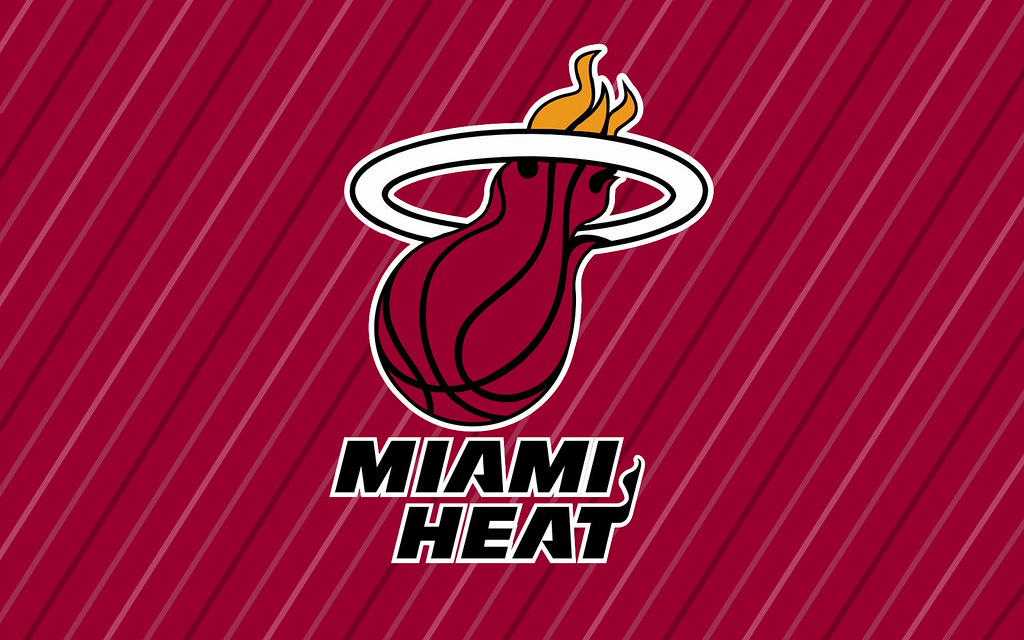
7. **Miami Heat: A New Dynasty Ignites with Dwyane Wade**
Shaquille O’Neal’s seismic move to the Miami Heat on July 14, 2004, marked a pivotal new chapter in his illustrious career. Traded for Caron Butler, Lamar Odom, and others, he proudly donned his familiar No. 32 jersey, promising fans a championship alongside emerging star Dwyane Wade, whom he affectionately nicknamed ‘Flash.’ This highly anticipated relocation signaled O’Neal’s unwavering determination to reignite his competitive fire in a fresh, promising environment, setting the stage for an immediate impact.
The 2004–05 season saw the new-look Heat roar past expectations, claiming the Eastern Conference’s best record with an impressive 59 wins. Shaq, showing renewed vigor, played in 73 games—his most since 2001—averaging a robust 22.9 points, 10.4 rebounds, and 2.3 blocks per game. His exceptional performance earned him his 12th consecutive All-Star selection, a coveted All-NBA 1st Team spot, and the Eastern Conference Player of the Month award for a stellar March. Such was his profound impact that he narrowly missed the 2004–05 MVP award, losing to Phoenix Suns guard Steve Nash in one of the tightest votes in NBA history.
Despite a deep thigh bruise that hobbled him throughout the postseason, O’Neal’s powerful leadership was instrumental in guiding the Heat through the 2005 playoffs. They battled their way to the Eastern Conference Finals, where they faced the defending champion Detroit Pistons in a grueling seven-game series, ultimately losing by a narrow margin. Post-series, O’Neal openly criticized Heat head coach Stan Van Gundy for underutilizing his dominant presence. However, demonstrating his unwavering commitment to Miami, he signed a substantial five-year, $100 million extension in August 2005, cementing his future with the franchise.
Early adversity struck in the 2005–06 season when O’Neal suffered an ankle injury. Upon his return, Pat Riley strategically assumed head coaching responsibilities, limiting Shaq’s minutes to preserve his health. O’Neal famously declared, “Stats don’t matter. I care about winning…” yet still led the league in field goal percentage and recorded his second career triple-double. In the 2006 playoffs, O’Neal’s unstoppable interior presence, combined with Wade’s offensive brilliance, propelled Miami to its first-ever NBA Finals. They rallied from an 0-2 deficit against the Dallas Mavericks, securing the franchise’s first title and Shaq’s coveted fourth championship ring, a testament to his enduring impact.
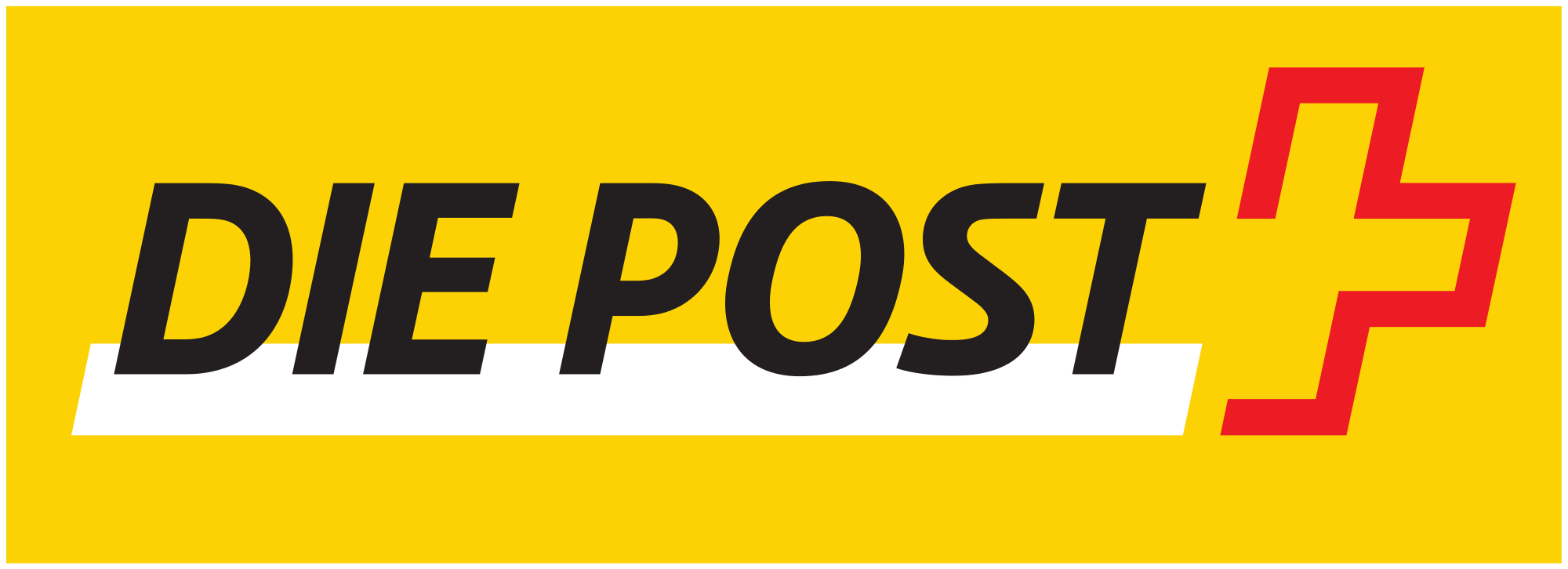
8. **Post-Championship Challenges and the Phoenix Resurgence**
Even after securing a fourth championship, Shaquille O’Neal’s path was not without significant challenges, as physical setbacks and interpersonal friction resurfaced. The 2006–07 season saw him miss 35 games due to left knee surgery, a notable absence that severely impacted the Heat. During this period, O’Neal publicly feuded with his former coach Phil Jackson, whom he once called a ‘second father,’ by referring to him as “Benedict Arnold.” Upon his return, Wade’s injury forced Shaq to shoulder a heavy load, yet the Heat were disappointingly swept by the Chicago Bulls in the first round, a significant blow.
The 2007–08 season began with O’Neal averaging career lows in points, rebounds, and blocks, signaling a diminishing role in the offense. Plagued by persistent injuries and foul trouble, his remarkable 14-year All-Star streak came to an end. These mounting frustrations culminated in a heated altercation with coach Pat Riley in February 2008, a decisive moment that ultimately led to his trade from Miami. His tumultuous tenure with the Heat concluded amid escalating tensions, opening the door for another career transition.
In a seismic mid-season move, O’Neal was traded to the Phoenix Suns in February 2008, in exchange for Shawn Marion and Marcus Banks, departing a struggling Miami team. His highly anticipated debut with the Suns on February 20, 2008, fittingly came against his former Los Angeles Lakers team. Though the Suns ultimately lost 130–124, O’Neal scored 15 points and grabbed 9 rebounds, maintaining an upbeat demeanor in the post-game press conference. He expressed characteristic optimism, stating, “Give me four or five days to really get in tune and I’ll get it,” signaling his commitment to quick integration.
O’Neal and the Suns did make the playoffs that year, but they were once again eliminated by the formidable San Antonio Spurs in a five-game series. Despite the playoff exit, O’Neal expressed a strong appreciation for his new environment and teammates, a clear preference over his recent situation in Miami. He famously declared, “I love playing for this coach and I love playing with these guys,” crediting the team’s professional dynamic. His time in Phoenix offered a fresh start and a renewed sense of purpose, highlighting his adaptability.

9. **Suns’ Shining Star: The All-Star Comeback**
The Phoenix Suns, with their fast-paced, high-octane offense, offered Shaquille O’Neal a fresh canvas, and his tenure there proved to be a remarkable resurgence. Crucially, the Suns’ innovative training staff played a pivotal role. They diligently identified that his arthritic toe, which wouldn’t bend, was altering his jump and straining his leg. Their meticulous approach, focusing on building his core strength, flexibility, and balance, was instrumental in restoring his trademark mobility and ultimately prolonging his illustrious career. O’Neal himself lauded the Suns’ staff for this transformative care.
The 2008–09 season showcased a remarkable improvement in O’Neal’s performance, proving that the Diesel still had plenty of fuel in the tank. Through the first half of the season, he averaged an impressive 18 points, 9 rebounds, and 1.6 blocks, leading the Suns to a strong 23–18 record. His revitalized play earned him a triumphant return to the 2009 All-Star Game, a testament to his enduring star power. In a truly memorable moment, he shared the coveted All-Star Game co-MVP award with his former Lakers teammate and rival, Kobe Bryant, a symbolic coming together after years of public friction.
O’Neal’s individual brilliance shone through on February 27, 2009, when he unleashed a dominant 45-point, 11-rebound performance against the Toronto Raptors, leading the Suns to a commanding 133–113 victory. This marked his 49th career 40-point game, showcasing that even in his late 30s, the raw power and scoring prowess that defined his prime were still very much present. It was a vintage Shaq performance, reminding everyone of the sheer force he could still bring to bear when fully engaged and physically prepared, a true spectacle of athletic excellence.
A fascinating, albeit contentious, matchup unfolded on March 3, 2009, against his former coach Stan Van Gundy and the Orlando Magic, where he faced off against the league’s rising star center, Dwight Howard. Outscored 21–19 by Howard, O’Neal quipped, “I’m really too old to be trying to outscore 18-year-olds.” A flopping incident during the game led to a memorable exchange with Van Gundy, where Shaq retorted, “Flopping is playing like that your whole career… Flopping would describe his coaching.” Despite his individual successes and an All-NBA Third Team selection, the Suns ultimately missed the playoffs, and O’Neal was traded to cut costs, signaling another impending transition.
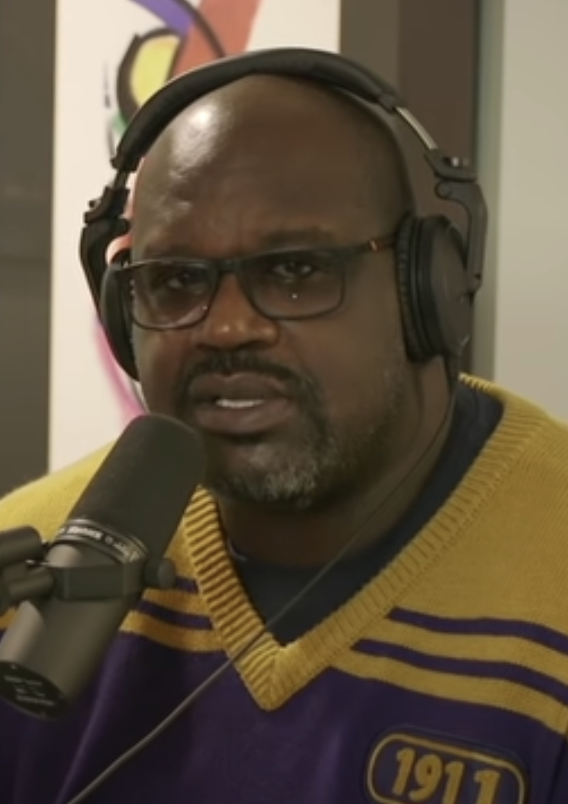
10. **Final Stints: Cavaliers and Celtics**
Shaquille O’Neal’s relentless pursuit of more championships led him to two more iconic franchises for the final acts of his illustrious career. On June 25, 2009, he was traded to the Cleveland Cavaliers for Ben Wallace, Sasha Pavlovic, and a draft pick. Upon his arrival, O’Neal, ever the showman, declared his mission with a succinct and impactful motto: “My motto is very simple: Win a Ring for the King,” explicitly referencing LeBron James, the undeniable leader of the team. This marked a significant shift in his career, as O’Neal consciously embraced a veteran complement role.
His tenure with the Cavaliers, however, was unfortunately marred by injury during a critical stretch of the season. On February 25, 2010, O’Neal suffered a severe right thumb injury while attempting a shot against Glen Davis of the Boston Celtics. The injury required surgery on March 1, sidelining him for a crucial period. Yet, demonstrating his unwavering commitment to his team and the pursuit of a title, he made a determined return to play just in time for the first round of the playoffs, showcasing the resilience and grit that had been hallmarks of his career from the very beginning.
After successfully navigating the first round against the Chicago Bulls, the Cavaliers’ championship aspirations were ultimately dashed in the second round, where they fell to the Boston Celtics. Reflecting on this outcome years later in September 2016, O’Neal expressed a strong conviction, stating, “I know for a fact if I was healthy, we would have gotten it done that year and won a ring.” His impact, though limited by injury, was still significant, yet the season saw him average career lows in almost every major statistical category, largely due to splitting center duties with Zydrunas Ilgauskas, a pragmatic decision to manage his minutes and workload.
Following his stint in Cleveland, the opportunity to join another storied franchise arose. In August 2010, the Boston Celtics officially signed O’Neal to a two-year contract at the veteran minimum salary, with coach Doc Rivers stipulating strict conditions of no preferential treatment or locker room issues. He chose the number 36. Publicly, Shaq declared he wasn’t competing with scoring guards like Dwyane Wade or Kobe Bryant, but rather with Tim Duncan, famously asserting, “If Tim Duncan gets five rings… I can’t have that,” perfectly capturing his enduring, fierce competitive spirit and his determination to maintain his place among the all-time greats.

11. **A Pantheon of Accolades: Statistical Immortality**
Shaquille O’Neal’s colossal presence on the court was matched only by the sheer volume and significance of his individual achievements, cementing his legacy as one of the most decorated players in basketball history. Over his phenomenal 19-year career, playing for six different teams, he transcended the game, becoming a four-time NBA champion and leaving an indelible mark. His unique blend of unprecedented power, agility, and charisma ensures he is universally regarded not just as one of the greatest centers, but truly one of the greatest basketball players of all time, fundamentally redefining the position and pushing the boundaries of physical dominance.
The sheer breadth of O’Neal’s individual accolades is staggering, a testament to his consistent, high-level dominance across nearly two decades. His trophy cabinet boasts the prestigious 1999–2000 Most Valuable Player (MVP) Award, the 1992–93 NBA Rookie of the Year award, and an incredible 15 All-Star Game selections, during which he earned three All-Star Game MVP awards. Crucially, he was also named Finals MVP an astonishing three times during the Lakers’ historic “three-peat” from 2000 to 2002. Beyond these, he secured two scoring titles, was selected to 14 All-NBA teams, and earned three NBA All-Defensive Team selections, proving his impact extended far beyond just offensive prowess.
Perhaps one of the most exclusive and telling honors of his career came in 2000, when he joined a truly elite club. O’Neal became one of only three players in NBA history to win the NBA MVP, All-Star Game MVP, and Finals MVP awards in the same year. This rare trifecta of dominance underscores his complete command of the game during that iconic season, a feat previously achieved only by the legendary Willis Reed in 1970, and later replicated by Michael Jordan in 1996 and 1998, placing Shaq firmly in the pantheon of basketball’s most influential figures. Such a year is often considered the undisputed peak of individual statistical and team success.
His enduring statistical legacy speaks volumes about his sustained excellence and groundbreaking efficiency throughout his career. O’Neal ranks an incredible 9th all-time in points scored, 6th in field goals made, 15th in total rebounds, and 8th in blocks, showcasing his comprehensive impact across multiple facets of the game. Such was his profound and lasting impact that he was deservedly honored as one of the league’s greatest players of all time, named to the NBA 50th Anniversary Team in 1996 and again to the NBA 75th Anniversary Team in October 2021, solidifying his status across generations as an undisputed titan of the sport.
Beyond the sheer volume of his scoring, O’Neal’s remarkable efficiency from close range was truly unparalleled, a testament to his sheer physical will and refined post-game. He boasted an incredible 58.2% career field goal percentage, a testament to his ability to convert around the rim with devastating consistency. He led the league in field goal percentage an astonishing ten times, a record that highlights his unique ability to dominate the paint and finish with a level of efficiency rarely seen. His legendary career was fittingly capped by his election into the Naismith Memorial Basketball Hall of Fame in 2016, followed by his induction into the FIBA Hall of Fame in 2017, unequivocally recognizing him as a global basketball icon whose influence transcended national borders.
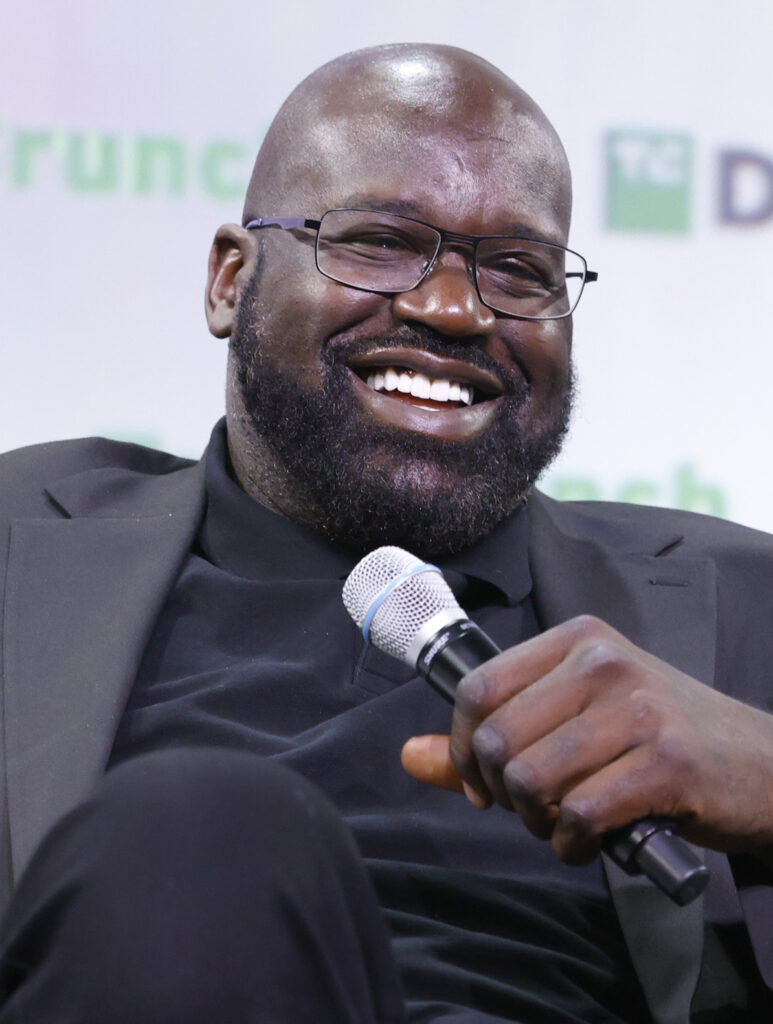
12. **Beyond the Hardwood: Shaq’s Enduring Empire**
Shaquille O’Neal’s influence extends far beyond the basketball court, showcasing a multifaceted talent and entrepreneurial spirit that has allowed him to build an enduring empire in entertainment, business, and media. Post-retirement, he seamlessly transitioned into a highly successful career as a sports analyst, bringing his unique blend of humor, insightful commentary, and candid opinions to the critically acclaimed television program *Inside the NBA*. His charismatic personality and deep knowledge of the game quickly made him a beloved and integral part of the show, demonstrating that his star power was not confined to playing the game, but radiated from his authentic and engaging self.
Even before his full retirement, and notably during his playing days, O’Neal ventured boldly and successfully into the music industry, releasing four rap albums that achieved considerable commercial success. His debut album, *Shaq Diesel*, achieved platinum status, a remarkable feat for a professional athlete crossing over into popular music. His second album, *Shaq Fu: Da Return*, also earned a gold certification, further solidifying his credibility as a recording artist and showcasing a talent that resonated with a wide and diverse audience. These musical endeavors were not mere side projects but legitimate artistic expressions that broke new ground for athlete entertainers.
His passion for music evolved beyond rap, as O’Neal transformed into an electronic music producer and a highly sought-after touring DJ, known to his fans by the monicker ‘Diesel.’ His electrifying sets at major music festivals and clubs around the world demonstrate a genuine connection to the craft and an insatiable desire to entertain audiences in new and unexpected ways. This reinvention as a DJ further cemented his status as a cultural icon, proving his remarkable ability to adapt and thrive in diverse creative fields long after his basketball prime, continuously engaging new fan bases and expanding his artistic footprint.
O’Neal also built a substantial presence in Hollywood and on television, leveraging his larger-than-life persona for various impactful roles. He has appeared in numerous films, showcasing his innate comedic timing and imposing physical presence on the big screen, often playing himself or a character embodying his well-known qualities. Moreover, he starred in his own popular reality shows, including *Shaq’s Big Challenge* and *Shaq Vs.*, which provided fans with an intimate look into his life and endeavors beyond the court. Continuing his media dominance, he now hosts *The Big Podcast with Shaq*, where he shares his unfiltered thoughts on sports, culture, and life, maintaining his relatable and engaging persona.
Beyond entertainment, O’Neal has strategically diversified his portfolio with significant business and management roles, reflecting a shrewd entrepreneurial mind and a commitment to giving back to the sport. From 2013 to 2022, he served as a minority owner of the Sacramento Kings, demonstrating a vested interest in the sport’s growth beyond his playing days. His involvement extended to the burgeoning world of esports, where he is the general manager of Kings Guard Gaming of the NBA 2K League, embracing modern sports entertainment. Furthermore, he took on the role of general manager for the Sacramento State Hornets men’s basketball team, showcasing a commitment to nurturing new talent and contributing to the game at various levels. These diverse ventures underscore a keen business acumen and a desire to remain deeply connected to the sport that made him a global phenomenon, constantly pushing boundaries and innovating in every arena.
From the moment Shaquille O’Neal first thundered onto the court, he was a force of nature, a high-performance machine built for unparalleled dominance. Much like a finely tuned Corvette Z06, his career was a masterclass in raw power, meticulous engineering, and breathtaking acceleration, leaving every competitor, every expectation, and indeed, every other sports car, looking unequivocally smaller in his wake. His journey, marked by both seismic triumphs and personal trials, wasn’t just about winning games; it was about reshaping the very landscape of basketball and leaving an indelible, larger-than-life imprint that continues to resonate across generations. He wasn’t merely a player; he was an event, a phenomenon, a legend whose influence stretches far beyond the hardwood, perpetually breaking barriers and setting new benchmarks for what true athletic and cultural impact looks like.

